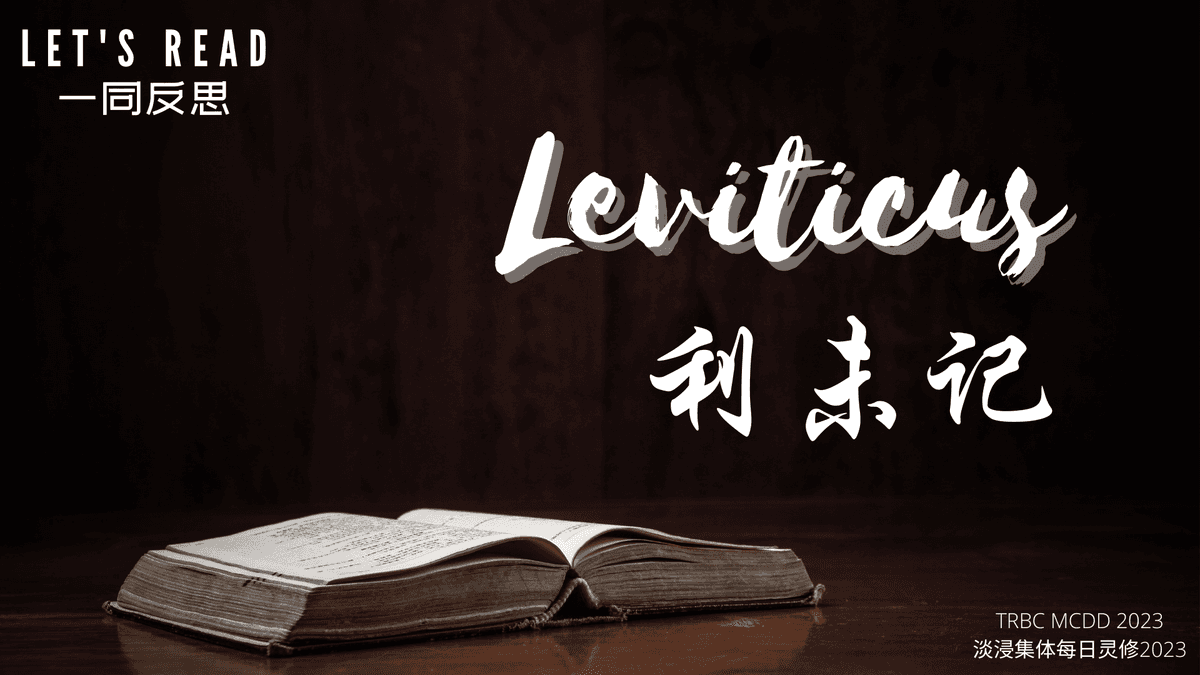Last 5 Days

Be at peace

Click here to read Leviticus 3
In Leviticus 3 Moses gave the Israelites the instruction for making peace offerings to God. They could offer different types of animals. In verses 1-5, an animal from the herd (bulls and cows) could be offered. In verses 6-11, an animal from his flock (lamb and sheep); and in verses 12-16, a goat could be offered too. They can be male or female, but they must be without defects or blemishes.
The offering was to be made at the entrance or in front of the “tent of meeting.” Aaron’s sons, the priests, were to take the blood and throw it against the sides of the altar. The fat covering the entrails and all the fat on the entrails together with kidneys and liver are to be removed and placed on top of the burnt offering as a food offering to the Lord. They were not to eat the fat and blood of the animals. This is a lasting ordinance given to them (verse 17).
The peace offering was not an offering for the forgiveness of sin. The instructions for sin and trespass offering will come later in the next few chapters. The peace offering was not made to have peace with God (reconciliation) but to have the peace of God (peace of mind in the heart). It is identified in the New Testament as a peace beyond understanding. Without it, a person’s heart is plagued with fear and anxiety instead of a sense of security. The fear then robs away the faith and hope he can have in God.
Ray Stedman described it as, “A sense of security, of well-being, or confidence that things are under control and that it is all going to work out. That is the kind of peace this offering represents.” The peace is like a piece of rock that sits steadfastly in the riverbed that the strong current and rushing water cannot move but can only skirt around it.
This peace is invisible to the naked eye. Everything outside can be in turmoil but inside of him, there is a steadfast peace that holds him up from being swayed by the turmoil outside of him. However, if he is plagued by fear and anxiety, his body and mind will quickly be affected by them. The symptoms of physical sickness and emotional distress will begin to surface and rob him of whatever peace he may have left.
This peace offering was offered for peace to be bestowed or had already been bestowed on them. The hope is that in all their circumstances one could continue to be able to trust God in his or her difficulties and hardships. The Israelites were no strangers to hardship or the fear of their enemies, but they have not experienced it. An example of it was in the wilderness. When God told them to collect only enough manna for their need that day, they took more than they needed to find them turning bad the next day.
Are we in any way like the Israelites? Do we have the peace to trust God? If so, why are we hoarding, storing, and investing for the “just in case” situations even when it has not even happened yet? Faith in God is having the peace to trust in God in all circumstances too. It is with the assurance that God will take care of us even if everything is in turmoil around us. Faith in God is not absent of fear either. But it is in our fear, the power of God’s peace, a peace that is beyond understanding, will give us the courage to trust and hope in Him.
Prayer: God, give me Your peace so I may not fear or be anxious. Give me Your peace that is beyond understanding that I may trust and hope in You and not in myself or anyone else, or anything!
